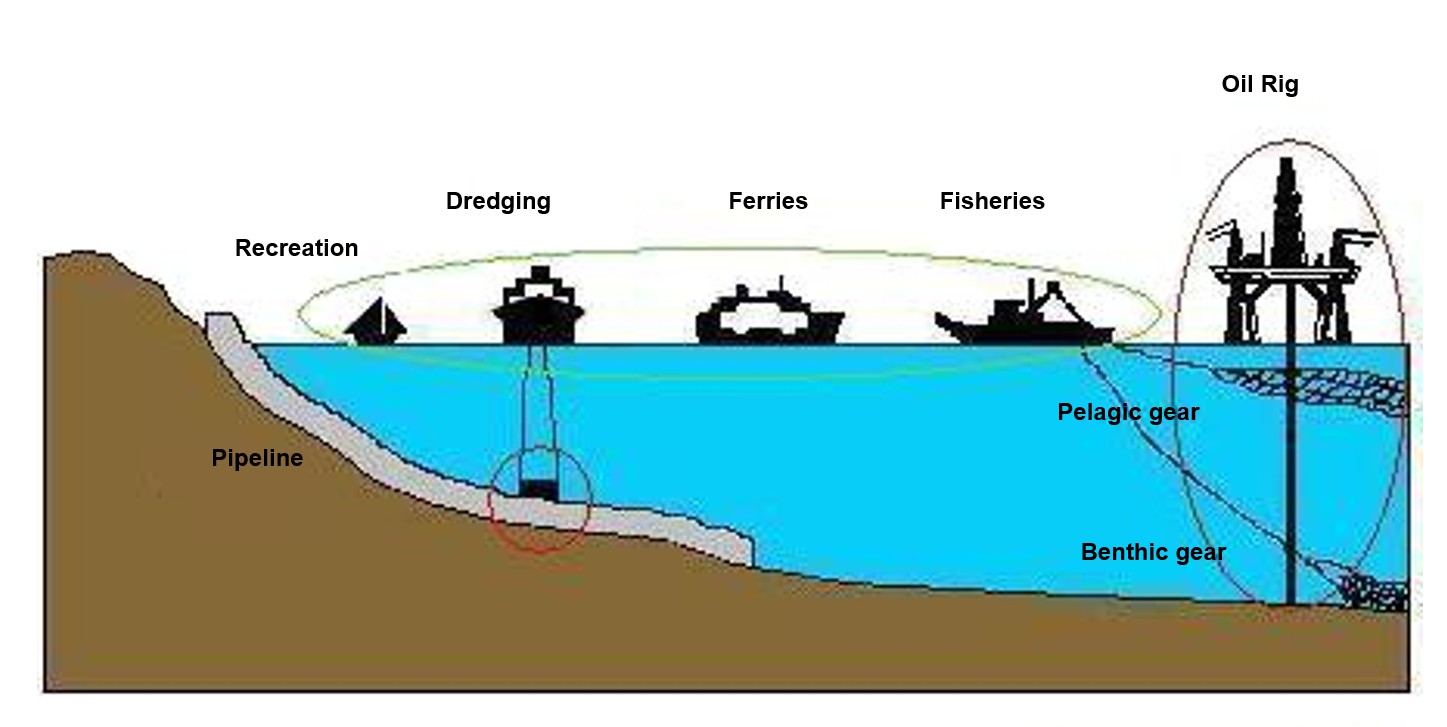Lot 2 of the 'Studies in the fields of the Common Fisheries Policy and Maritime Affairs' framework aims to set up a framework service contract to ensure the ability to assess the feasibility and the best format for proposals of a legal nature under the future maritime policy.
Integrated spatial planning is an essential element in developing a holistic Maritime Strategy for the Community. Necessarily, this must be a shared activity amongst Member States and they are at different levels of implemetation across the Community. This project presents the first comprehensive study on the spatial planning practices across Member States and the constraints imposed by existing laws.
The study has been separated into three tasks each of which requires its own approach.
Task 1 examines the legal and regulatory environment in selected Member States with respect to:
Marine protected areas; Aquaculture development; Fisheries rules; Navigation restriction; Gravel extraction; Petroleum extraction; Part expansion; and Wind farm siting.
Task 2 reviews the progress of integrated spatial planning in Member States. To determine the current status of spatial planning across the community consultations were held with those institutions, including OSPAR, PLANCOAST, BALTCOAST, EEA, who have compiled information on the issue. The appraisal of the general objectives of integrated marine spatial planning provides fundamental information which will be combiedwith the specific data coming out of particular countries, in order to identify some basic parameters which reflect the fundamental objectives of such planning yet are practically available from countries endeavouring to implement the approach.
Task 3 looks at the coherence of actual practices in marine spatial planning in those countries where it is developing across the Community The general approach will be to examine the same activities and areas as under Task 1 and determine:
1. responsibilities for spatial planning amongst local, regional and national authorities;
2. mechanisms for conflict resolution between sectors;
3. obligations for consulting stake holders.

